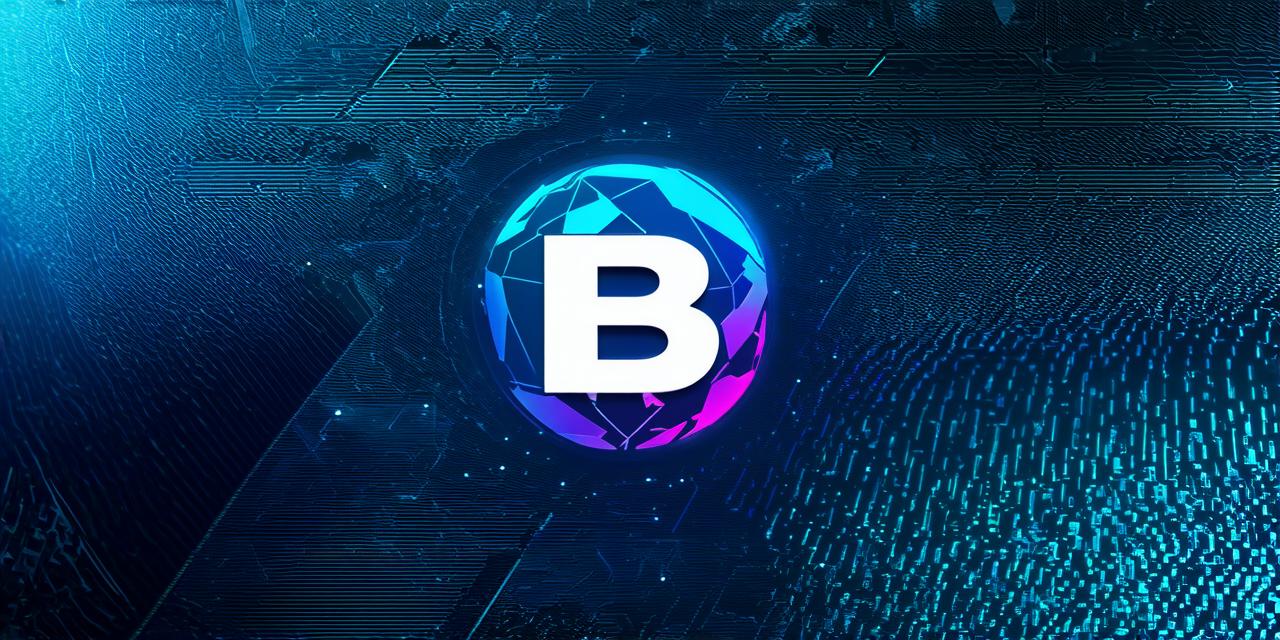What is Blockchain?
Blockchain is a distributed ledger system that enables secure and transparent transactions without the need for intermediaries. It was originally developed as the underlying technology behind Bitcoin, but its applications go far beyond cryptocurrency. Blockchain allows data to be stored in a decentralized manner, meaning there is no single point of failure or control.
How Does Blockchain Work?
At its core, blockchain consists of a series of blocks that contain information about transactions. Each block contains a unique identifier called a hash, which allows it to be linked to the previous block in the chain. This creates an unalterable and transparent record of all transactions that have taken place on the network.
One of the key features of blockchain is its immutability. Once data is stored on the blockchain, it cannot be changed or deleted. This makes it ideal for applications where trust and security are paramount, such as financial transactions and supply chain management.
The decentralized nature of blockchain also means that there is no central authority controlling the network. Instead, transactions are validated and processed by a network of nodes, which ensures that the system remains transparent and secure.

Case Studies in Blockchain Technology
There are many real-life examples of how blockchain technology has been used to improve data security and decentralization. Here are a few:
- Bitcoin – The most well-known example of blockchain technology, Bitcoin uses the network to enable secure and transparent financial transactions without the need for intermediaries.
- Ethereum – Another popular blockchain platform, Ethereum enables developers to build decentralized applications (dApps) on top of the network. These dApps can be used for a variety of purposes, including supply chain management, voting systems, and more.
- IBM Food Trust – A blockchain-based platform developed by IBM, Food Trust enables food companies to track their supply chain in real-time, from farm to table. This helps to ensure that food is safe and ethical, and reduces the risk of fraud and contamination.
- MediLedger – Another IBM project, MediLedger uses blockchain technology to enable secure and transparent sharing of healthcare data between providers and patients. This improves patient outcomes and reduces the risk of medical errors.
Why is Blockchain Important for Developers?
Blockchain technology has the potential to revolutionize many industries, from finance to supply chain management to healthcare. For developers, this means that there are many opportunities to create new and innovative applications that leverage the power of blockchain.
Here are a few reasons why blockchain is important for developers:
- Security – Blockchain’s immutable and decentralized nature makes it ideal for secure data storage and transmission. This is particularly important in industries where trust and security are paramount, such as finance and healthcare.
- Transparency – All transactions on the blockchain are transparent and publicly available, which helps to reduce fraud and improve accountability.
- Decentralization – By removing the need for intermediaries, blockchain technology enables businesses to operate more efficiently and cost-effectively. This is particularly important in industries where intermediaries can be a significant source of overhead.
- Innovation – Blockchain technology has the potential to enable new and innovative applications that were previously impossible or too expensive to develop. For example, dApps built on top of the blockchain can be used for a variety of purposes, from supply chain management to voting systems to gaming.
FAQs
What is blockchain?
Blockchain is a distributed ledger system that enables secure and transparent transactions without the need for intermediaries. It was originally developed as the underlying technology behind Bitcoin, but its applications go far beyond cryptocurrency.
How does blockchain work?
At its core, blockchain consists of a series of blocks that contain information about transactions. Each block contains a unique identifier called a hash, which allows it to be linked to the previous block in the chain. This creates an unalterable and transparent record of all transactions that have taken place on the network.
What are some real-life examples of blockchain technology?
There are many real-life examples of how blockchain technology has been used to improve data security and decentralization, including Bitcoin, Ethereum, IBM Food Trust, and MediLedger.
Why is blockchain important for developers?
Blockchain technology has the potential to revolutionize many industries, from finance to supply chain management to healthcare. For developers, this means that there are many opportunities to create new and innovative applications that leverage the power of blockchain.
Conclusion
Blockchain technology is becoming increasingly important for businesses looking to improve their data security and decentralization. Its immutable and decentralized nature makes it ideal for secure data storage and transmission, while its ability to remove intermediaries enables businesses to operate more efficiently and cost-effectively. For developers, this means that there are many opportunities to create new and innovative applications that leverage the power of blockchain. As the technology continues to evolve, we can expect to see even more exciting developments in the years to come.
